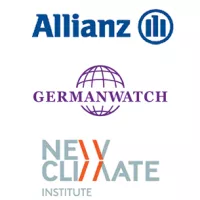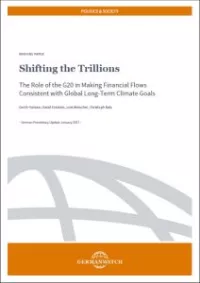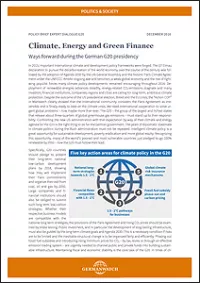
To reach the Paris Agreement climate goal, and stay under 2°C warming, emissions will need to peak in the coming years and be reduced to zero by 2050. China, India and the US play a key role in achieving this target as they emit over 50% of the global CO2 emissions and are by far the largest markets for renewable energies. Published today, the Allianz Climate & Energy Monitor Deep Dive aims to inform investors and policy-makers on the scale of investments needed in China, India and the US to be in line with the Paris goals; and what recent developments, especially regarding the leadership change in the US, mean for investing in renewable power in the future.




